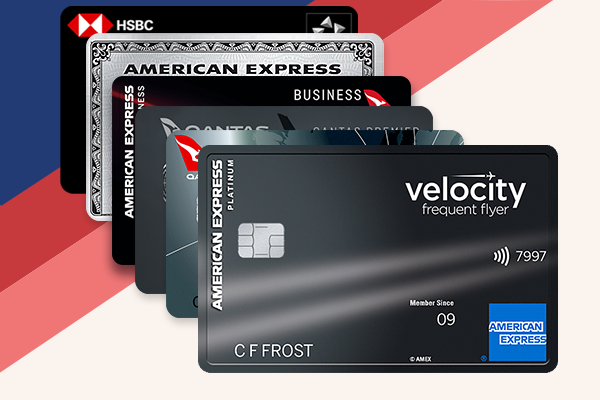Let's be accurate here. We are not saying it is the cancellation that causes surging, but the act of accepting a ride to reduce supply, when you have no intention of delivering the service. Uber's website says "Surge pricing automatically goes into effect when there are more riders in a given area than available drivers." I don't know about you, but I would think that a driver that has accepted a ride then they are no longer available. Now, whether this causes a surge or not, clearly drivers are accepting and cancelling until the price goes up. They are starting to give Uber drivers the same reputation of the taxi drivers that facilitated Uber's rise in the first place.
All you have said is "it doesn't happen" - no evidence, no theory as to why drivers are cancelling. What is there motivation? Enough people have told you it happens at CNS but you want to deny it. You are typical of the occasional one issue wonders that come on this website in a poor PR attempt (last week we had someone defending a travel insurance company) and you will soon disappear.
In terms of me cancelling the occasional trip, I have explained a reason why. You only have a few minutes to cancel so normally I wouldn't inconvenience a driver too much. (In fact, those 15 minute waits are often because the driver is in the processing of finishing another trip so it makes no difference to them.) If Uber's algorithm worked better I wouldn't have to do it. Unlike drivers I can be penalised for inconveniencing them. A shame it doesn't go both ways.















